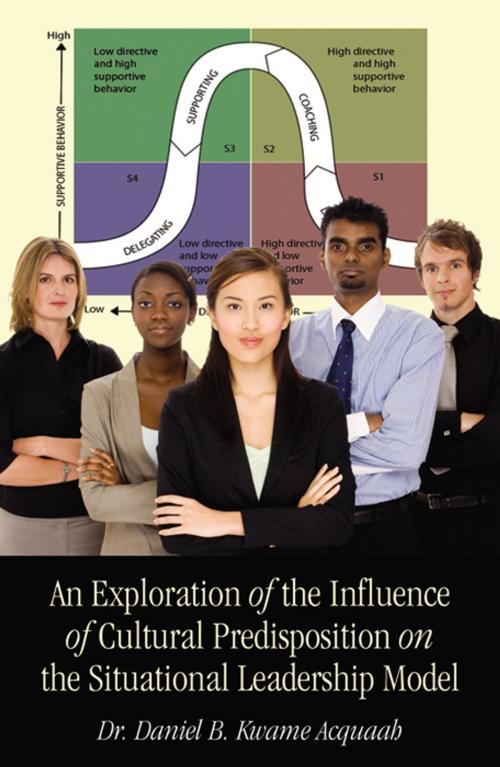An Exploration of the Influence of Cultural Predisposition on the Situational Leadership Model
Nonfiction, Social & Cultural Studies, Social Science| Author: | Dr. Daniel B. Kawame Acquaah | ISBN: | 9780741476937 |
| Publisher: | Infinity Publishing | Publication: | June 29, 2012 |
| Imprint: | Infinity Publishing | Language: | English |
| Author: | Dr. Daniel B. Kawame Acquaah |
| ISBN: | 9780741476937 |
| Publisher: | Infinity Publishing |
| Publication: | June 29, 2012 |
| Imprint: | Infinity Publishing |
| Language: | English |
Understanding the importance of cultural predisposition could create a firmer foundation for the application of situational leadership on a global basis. European, Asian, Latin American, Middle-Eastern (Arab) and African leadership models are often different from that of the United States, though they share some common foundational principles. Within the context of globalization and the current trend of organizational growth, a new mindset of cultural inclusion is needed to prepare tomorrows leaders. Consideration of cultural influences in the measurement of maturity level in SLM could increase organizational morale, improve leader-subordinate relationship, improve global leadership effectiveness, increase organizational productivity, and provide empirical data necessary for future research.
Understanding the importance of cultural predisposition could create a firmer foundation for the application of situational leadership on a global basis. European, Asian, Latin American, Middle-Eastern (Arab) and African leadership models are often different from that of the United States, though they share some common foundational principles. Within the context of globalization and the current trend of organizational growth, a new mindset of cultural inclusion is needed to prepare tomorrows leaders. Consideration of cultural influences in the measurement of maturity level in SLM could increase organizational morale, improve leader-subordinate relationship, improve global leadership effectiveness, increase organizational productivity, and provide empirical data necessary for future research.















